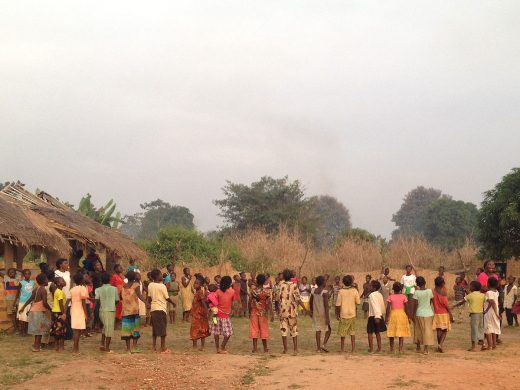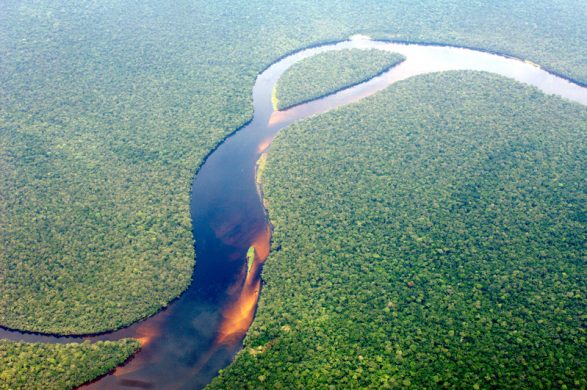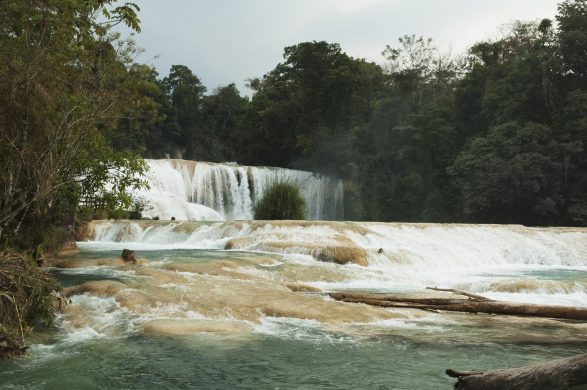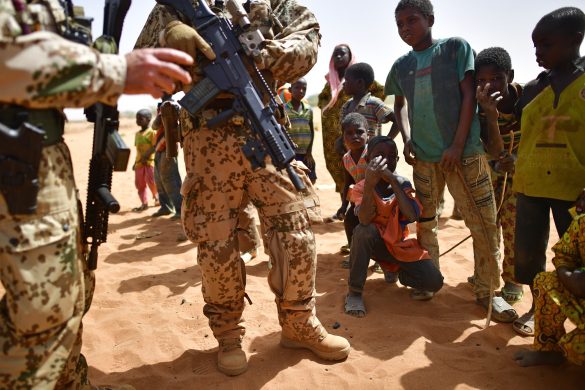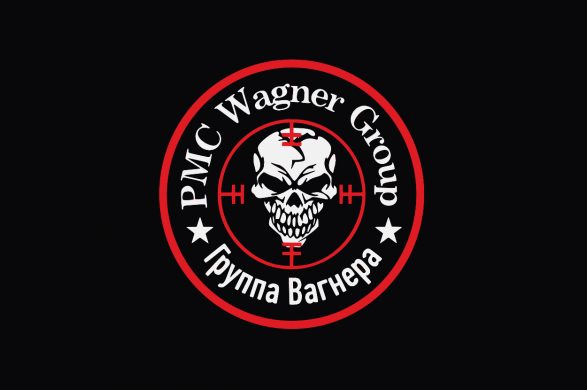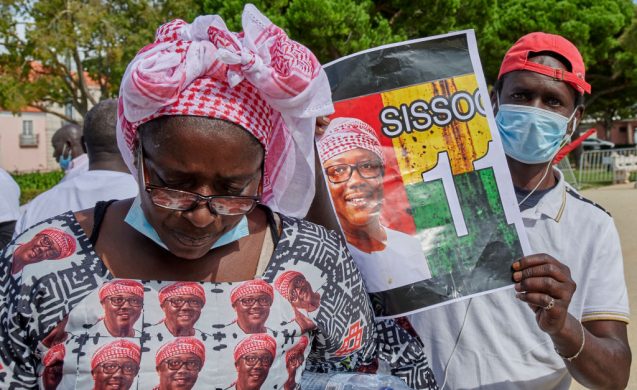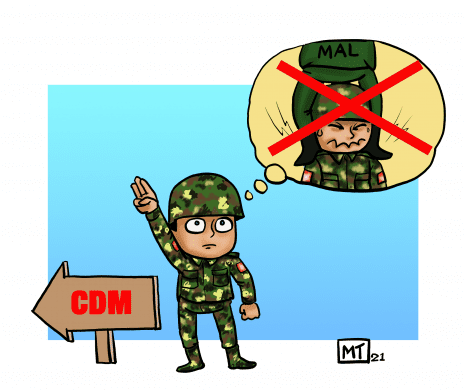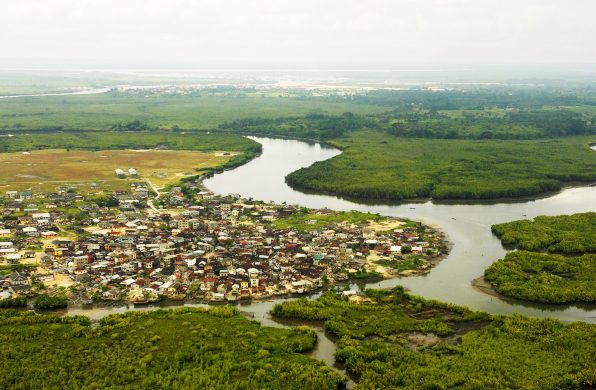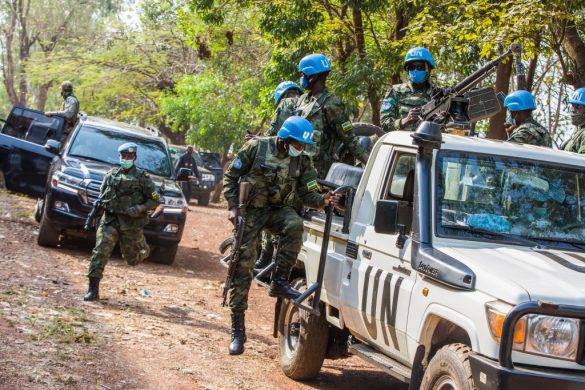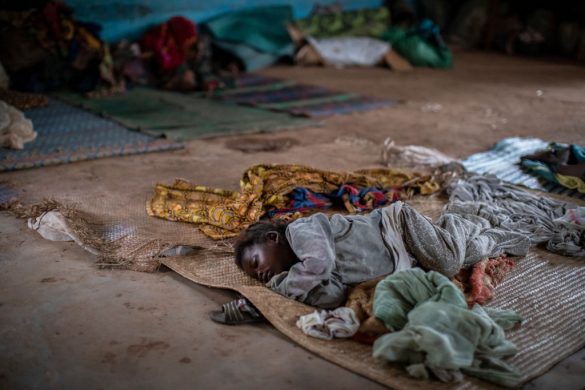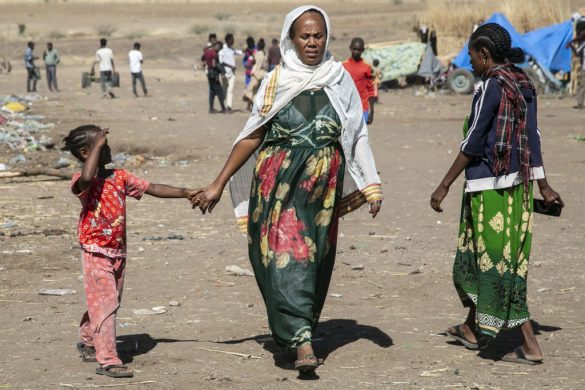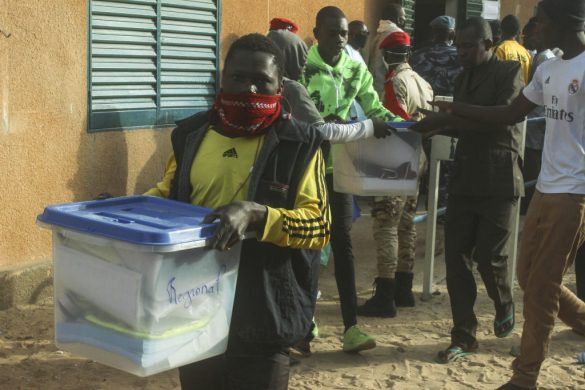Today the international came together to signal their renewed engagement and support to the Central African authorities' comprehensive National Plan for Recovery and Peacebuilding.
The pledges were made today at the Brussels International Conference for the Central African Republic (CAR), which was organised by the European Union and the Central African Government.
The European Commission pledged €409 million ($450 million) for the period 2016-2020, while additional pledges from Member States amounted to €298 million ($328 millions).
Overall, with contributions from partners, €2.06 billion ($2.28 billion) was pledged to support the Central African Republic's efforts to achieve peace, security and reconciliation, as well as to promote development and economic recovery, while continuing with the provision of humanitarian assistance.
Has come a long way
The conference drew delegations from over 80 countries, international organisations and agencies.
High Representative/Vice President Federica Mogherini, who co-chaired the conference jointly with the President of the Central African Republic Professor Faustin Archange Touadéra, said:
"The Central African Republic has come a long way over the past three years. Despite the challenges, its citizens have shown their will to move beyond the crisis and start anew. The European Union is with them, to support the country on a path towards sustainable growth, deep reforms and national reconciliation".
"Our Global Strategy comes strongly into action there: we have mobilised all our tools, from development and humanitarian funding, to our military mission to support security sector reform and our electoral mission. Our EU pledge today will support the efforts of the national government's ambitious reform agenda to give its population the peace, security and economic prosperity they deserve.”
From crisis to sustainable development
Commissioner for International Cooperation and Development Neven Mimica said:
"Today's pledge of €2.06 billion show our continued support to the Central African Republic. In the past five months, we have closely worked together to identify the needs of the Central African Republic, and to support the government in developing its National Plan for Recovery and Peacebuilding".
"I am convinced that this Plan will pave the way for the Central African Republic to move from crisis management to long-term and sustainable development for the Central African people. There is no room for any step backward in a country that has already experienced so much suffering and trouble."
Three main goals
President Touadera declared that
"The Brussels conference was an opportunity to reach three main goals: to present, on behalf of our citizens, our National Plan for Recovery and Peace-building; to create a platform for, our international partners to demonstrate continued commitment by announcing specific and significant financial contributions; and finally to keep CAR at the core of the international agenda; ensuring the momentum to implement our strategy for peace and growth, sustained by the necessary reforms in the months and years to come".
"In the name of the Central African people, I wish to express my pleasure with the firm support expressed today for our vision and our strategy."
Kristalina Georgieva, Vice-President of the European Commission and Christos Stylianides Commissioner for Humanitarian Aid and Crisis Management also participated.
A substantial amount of the EU's pledges, as well as a number of contributions from the international community made today, will be channelled through the Bêkou Trust Fund, which was set up by the EU and a number of Member States two years ago.
The Fund has made a real difference with more than 1 million people benefitting from medical consultations, vaccinations, entrepreneurship training for women, and work opportunities.
Background
Central African Republic's National Plan to tackle Recovery and Peacebuilding
The Central African Republic's National Plan, presented and discussed at the Brussels conference. It aims to foster a number of key reforms: from peace and security to economic recovery; from improving the country's infrastructure to the provision of essential services, such as health, sanitation and education. The programme will have a strategy for disarmament, demobilisation, reintegration and repatriation; reform of the security and justice sectors; and a strategy to facilitate the return of displaced populations.
The plan was based on a joint assessment, with a request for support from the EU, the World Bank and the United Nations. In a country which is still fragile – and with continuing and imposing humanitarian needs – costs of reconstruction have been quantified at approximately USD 1.5 billion over the next three years and USD 3 billion for the next five years.
International participation
The United Nations and the World Bank were represented respectively by the Deputy Secretary General Jan Eliasson and the Vice President Jan Walliser. The African Union was represented by Commissioner for Peace and Security Smail Chergui. President Touadéra was accompanied by the Parliament Speaker Karim Meckassoua, the Prime Minister and a delegation of key ministers, including Minister of Economy and Planning, but also by and a delegation of MPs (including from the opposition), as well as representatives of civil society and religious leaders.
The Central African authorities also had opportunities to exchange views with civil society, international NGOs and with the private sector during a workshop.

